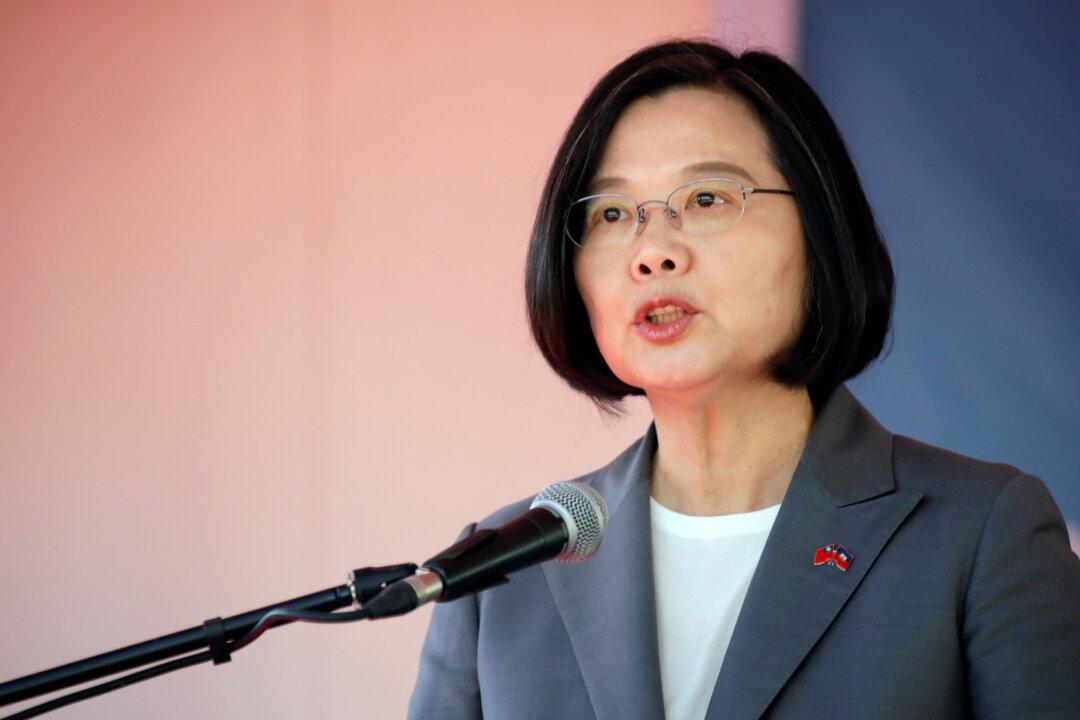TAIPEI—Taiwan’s president rebuked China on Aug. 1 over its decision to ban individual travel permits for Chinese visitors to the self-ruled island, saying the move aimed to manipulate presidential elections in January.
China cited the state of ties with what it considers a wayward province for the travel ban, which came into force on Thursday. The loss of Chinese visitors could be a blow for Taiwan, which saw robust economic growth in the second quarter partly thanks to a spurt in mainland travelers.





